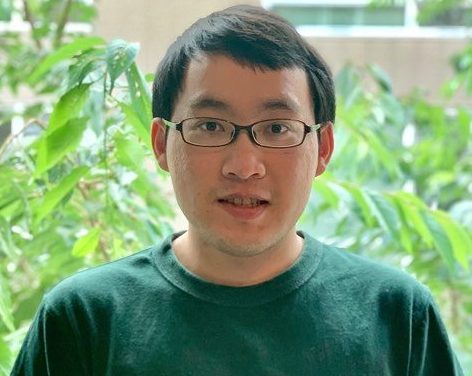
Under the guidance of Chemistry Professor David Ginger and Materials Science & Engineering Professor Christine Luscombe, Emerson is studying interactions between solvated conjugated polymers, ions, and electrons in order to effectively engineer a polymer with better ion and electron transport. These polymers, known as Organic Mixed Ionic Electronic Conductors (OMIECs), have potential applications in energy storage, biosensors, and neuromorphic computing. He holds a B.S. in Chemical Engineering from National Taiwan University. Read More
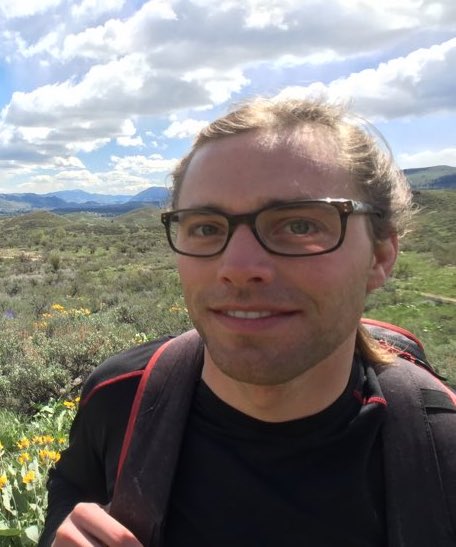
As a graduate student in the lab of chemical engineering professor James Carothers, Ben dissected the rules governing development of CRISPRai gene regulatory networks in cellular and cell free systems to enable scalable transcriptional control in a prokaryotic setting. Ben is now the Lead Applications Engineer at Wayfinder Biosciences, a startup co-founded by fellow molecular engineering alumni. Read More
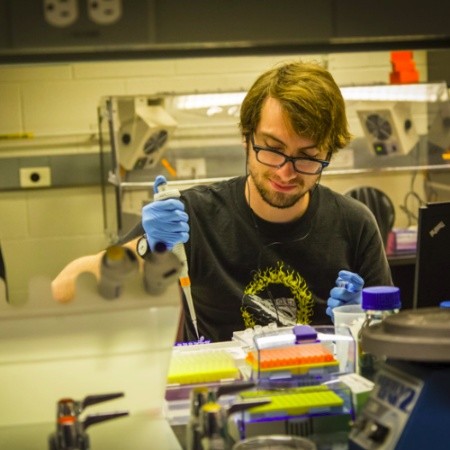
As a graduate student in the labs of Professors Rene Overney and Mehmet Sarikaya, Tyler studied the fundamental molecular interactions between protein-like molecules and atomically thin inorganic materials to enable future technologies such as medical diagnostics. More specifically, he utilized scanning probe microscopy techniques to understand the self-assembly process and energetics of genetically engineered solid-binding peptides on single layer atomic materials. Since completing his Ph.D. in 2020, Tyler joined Professor Stuart Rowan’s lab at the University of Chicago’s Molecular Engineering department as a postdoctoral scholar. Read More

Research in the Baneyx laboratory lies at the confluence of synthetic biology, nanotechnology, molecular engineering and materials science. We are a lead lab in CSSAS, the Center for the Science of Synthesis Across Scales, an Energy Frontier Research Center (EFRC) directed by Prof. Baneyx that brings together investigators from six universities and a national laboratory. Inspired by nature’s ability to fabricate intricate and often hierarchical materials with outstanding transport, optical, and magnetic properties, we seek to understand the rules that underpin the interaction of combinatorially-selected solid-binding peptides with inorganic and synthetic interfaces. Read More
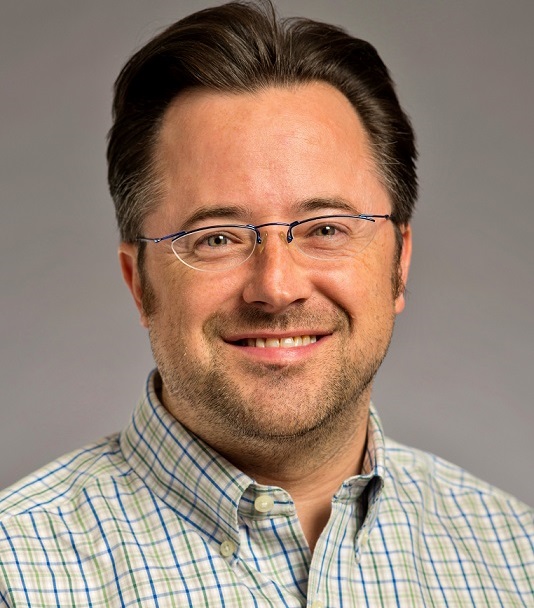
Professor Hillhouse's research is focused on the molecular science and engineering of clean energy conversion devices. In the area of solar cells, research topics in his group span the range from fundamental studies of semiconductor nanocrystal growth, colloidal and interfacial chemistry, nanostructure self-assembly, and semiconductor defect chemistry to the development of novel device architectures that will enable roll-to-roll printing of low-cost high-efficiency solar cells from molecular and nanocrystal-inks. Read More
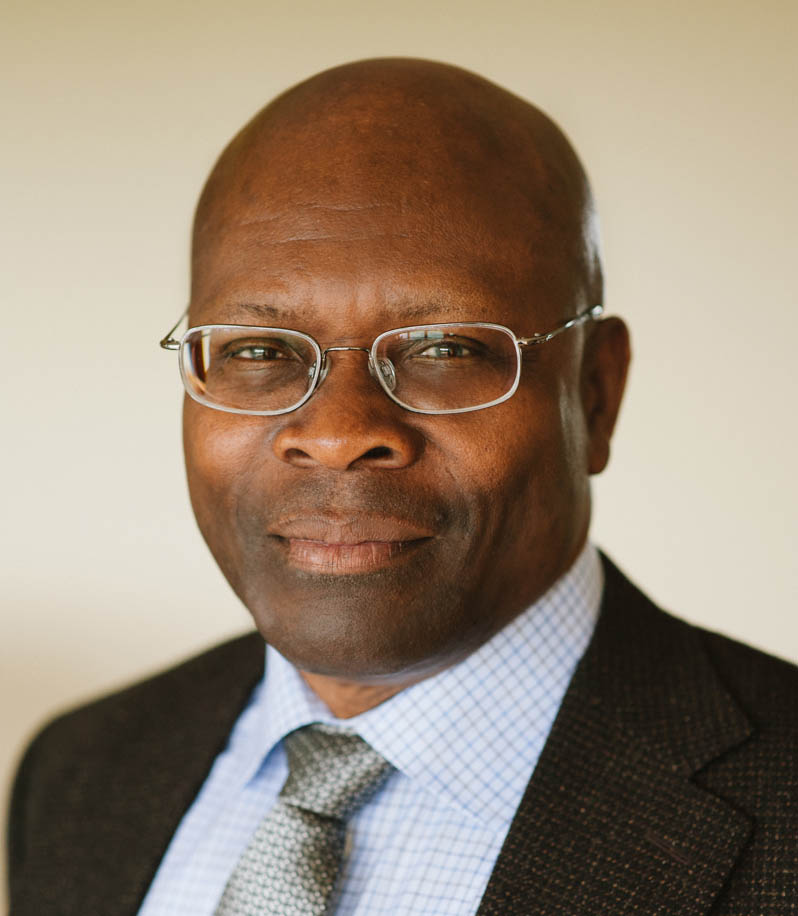
Our research is focused on the molecular engineering of organic and polymeric materials for electronic, photonic, and energy applications. Our studies include synthesis, processing, self-assembly, structure-property relationships, photophysics, and charge transport of organic and polymer semiconductors. Ongoing device engineering applications include thin film transistors, photovoltaic cells, light emitting diodes, and photodetectors. Read More
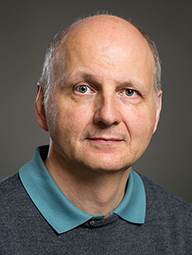
Research in Overney’s Lab focuses on obtaining a fundamental understanding of material functionalities involving nano-confined complex molecular systems. We are particularly interested in i) identifying basic internal and external constraints that are responsible for unique material and transport properties, and ii) applying knowledge of molecular- and nano-constraints to material engineering in a rational fashion, with focus on the molecular building blocks, their subunits, and their temporal and spatial mobilities. Read More
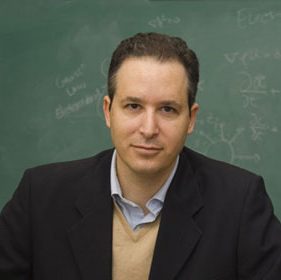
The Posner Lab research focuses on need-driven research projects including point-of-care in-vitro diagnostics and medical device development. We develop and validate nucleic acid, immuno, and enzyme-based diagnostics for a range of infectious disease applications, including HIV and HCV. We specialize in novel point-of-care sample preparation strategies –such as paper microfluidic devices, enzyme chemistry, and isothermal amplification– for low-resource environments that allow complex samples (such as blood, urine, etc.) to be adapted to assays that typically require many human handling steps. We use device fabrication, novel chemistry, electrokinetics, optics, mobile phones, and machine learning to develop integrated and quantitative diagnostics at the point-of-use. Read More
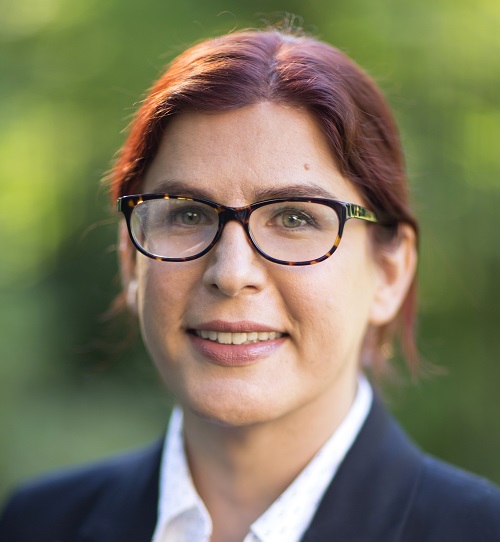
Our research focuses on understanding and controlling self-assembly processes in dispersed colloidal, polymeric and nanoparticle systems. This fundamental knowledge allows for manipulation of material properties for applications in solar energy, nanomedicine, separations and advanced coatings amongst others. We also develop in-situ neutron and x-ray scattering techniques to formulate structure-property relationships under realistic processing and use conditions. Read More